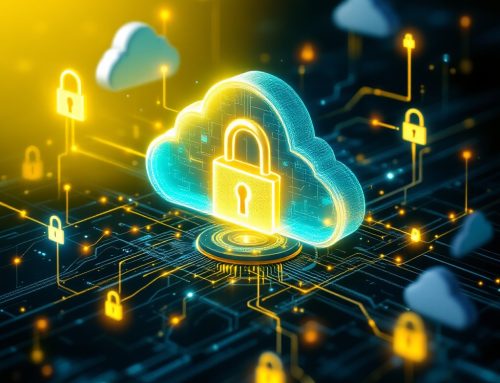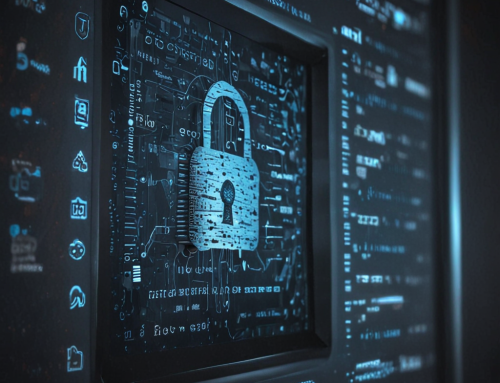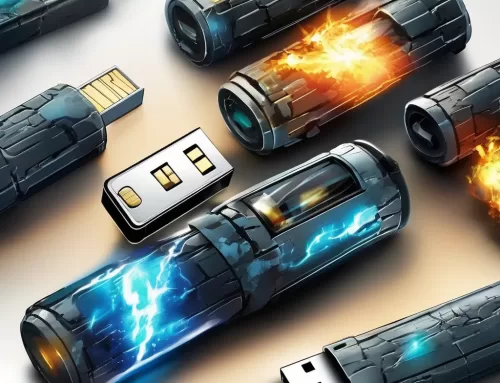USB flash drives are convenient devices that allow us to store and transfer data easily. They are small, portable, and compatible with most computers. However, they also pose a serious cybersecurity risk that many users are unaware of or ignore. In this blog post, we will explain some of the common threats that USB flash drives can introduce and how you can protect yourself and your data from them.
The Threats of USB Flash Drives
There are three main ways that USB flash drives can compromise your security:
- Malware infection: USB flash drives can carry malware that can infect your computer when you plug them in. Malware can be hidden in the files or the firmware of the device, and it can be triggered automatically by the Autorun or Autoplay feature of your computer. Malware can steal, corrupt, or encrypt your data, spy on your activities, or spread to other computers on your network. Some examples of malware that have been spread through USB flash drives are Stuxnet, Conficker, and BadUSB.
- Data theft: USB flash drives can also be used to steal data from your computer. If an attacker can physically access your computer, he or she can plug in a USB flash drive and copy your sensitive information, such as passwords, encryption keys, or personal files, onto the drive. This can be done even if your computer is locked or turned off, as long as the memory is still active. This technique is known as a cold boot attack.
- Data loss: USB flash drives can also cause data loss if they are lost or stolen. If the data on the drive is not encrypted, anyone who finds or takes the drive can access your data. This can result in identity theft, fraud, or blackmail. Moreover, if you do not have a backup of your data, you may lose hours of work or irreplaceable information.
How to Protect Yourself and Your Data
To prevent these threats, you should follow some best practices when using USB flash drives:
- Do not plug in unknown USB flash drives: If you find a USB flash drive, do not plug it into your computer to see what is on it or to try to identify the owner. It could be a trap to infect your computer with malware. Instead, give it to the appropriate authorities, such as your IT department or security personnel.
- Use security features: Use passwords and encryption on your USB flash drives to protect your data in case they are lost or stolen. You can also use antivirus software and disable the Autorun or Autoplay feature on your computer to prevent malware from running automatically.
- Keep personal and business USB flash drives separate: Do not use personal USB flash drives on computers owned by your organization, and do not plug USB flash drives containing corporate information into your personal computer. This can prevent cross-contamination and data leakage.
- Backup your data: Always have a backup of your data on another device or cloud service, so that you do not lose your data if your USB flash drive is lost, stolen, or damaged.
Adding an Extra Layer of Protection
To enhance USB security even more, add these physical products to your digital arsenal:
- Lockable Flash Drives: The Smart Keeper Lockable Flash Drive is a 32GB lockable USB flash drive that can be secured to a USB port to prevent unauthorized removal.
- Secure USB Connectors: The Smart Keeper Secure Connector gives you an extra layer of security by allowing only cleared devices from qualified personnel to be inserted in your USB ports. Connected alone, it acts as a data stripper that allows you to charge your device without exposure or sharing potentially malicious files.
USB flash drives are useful tools, but they also come with risks. By following these tips, you can reduce the chances of compromising your security and enjoy the benefits of USB flash drives safely.










